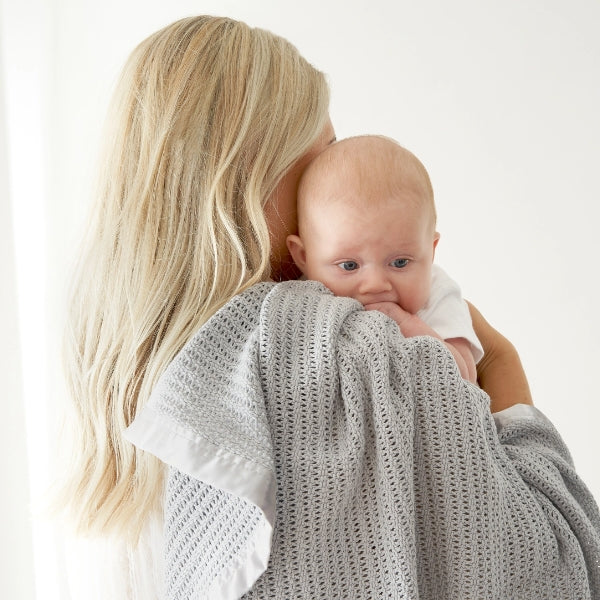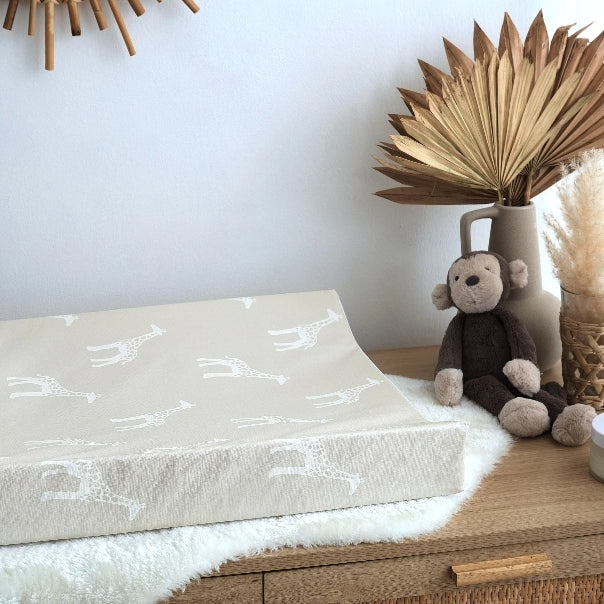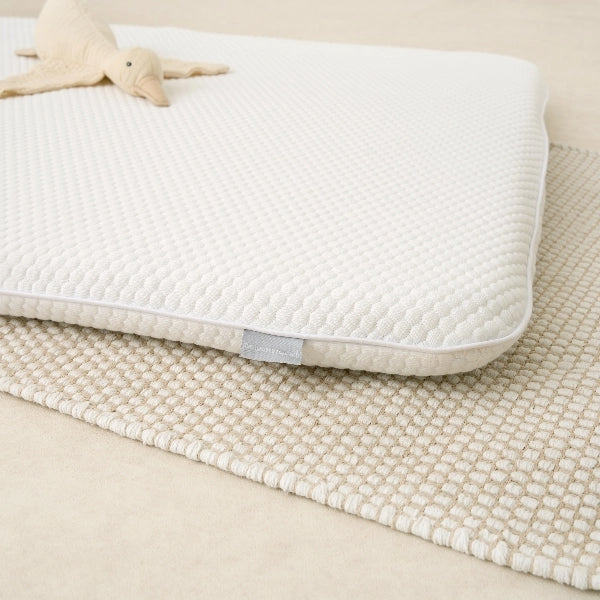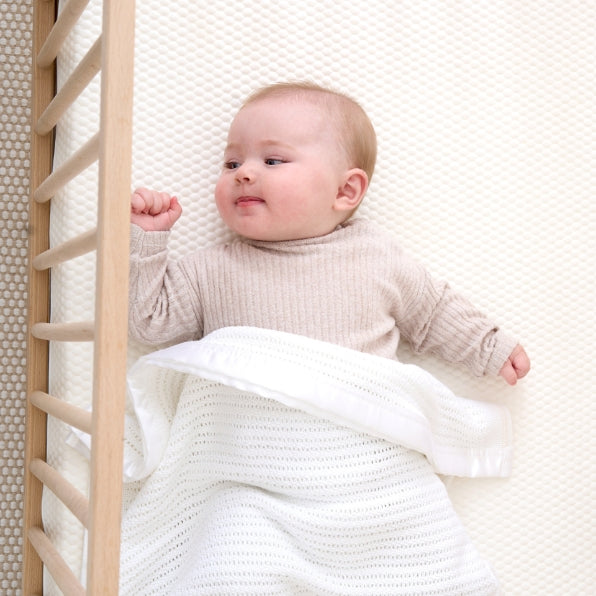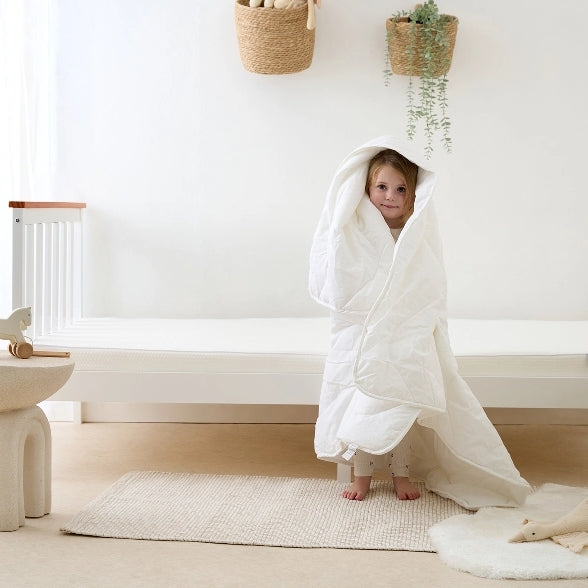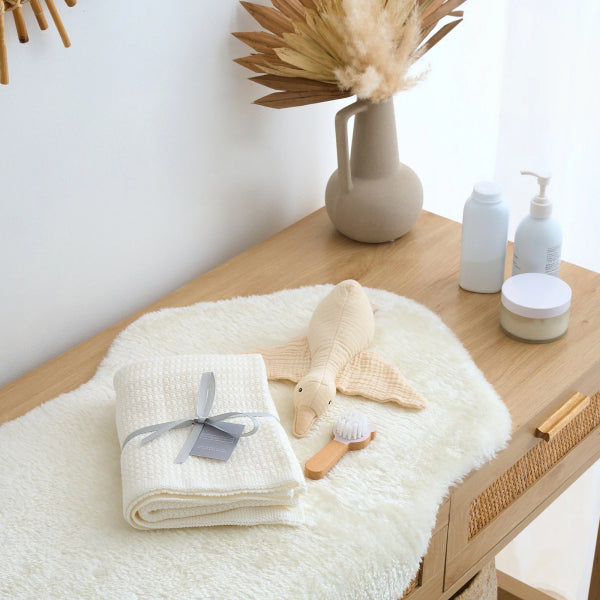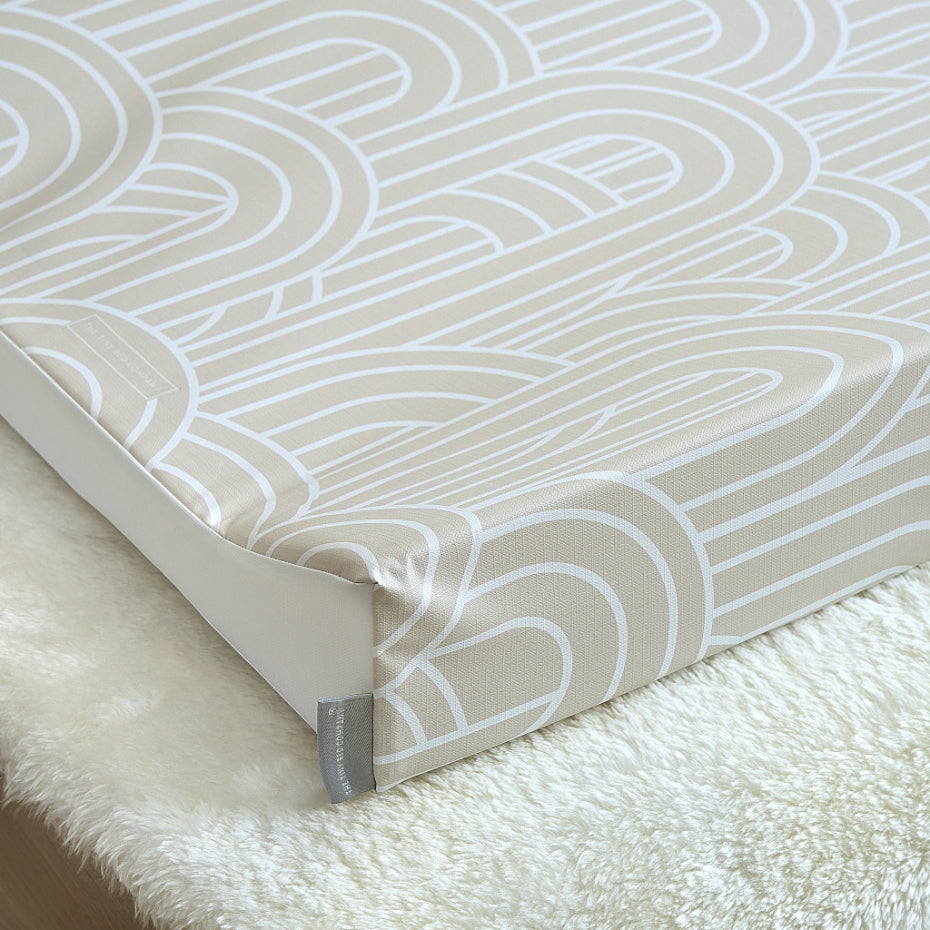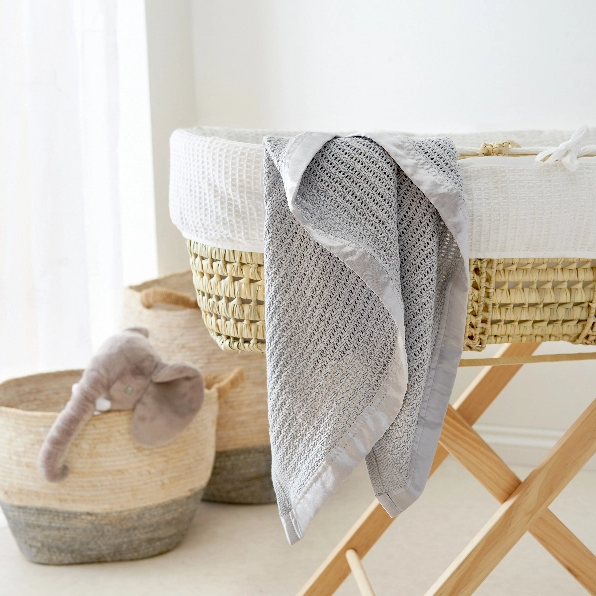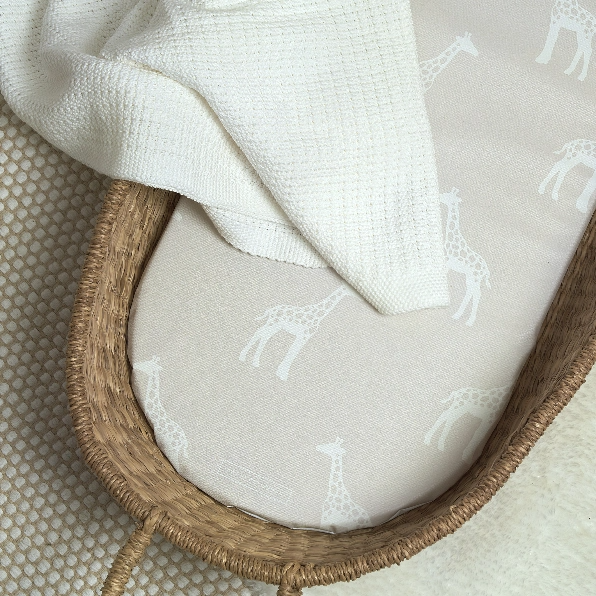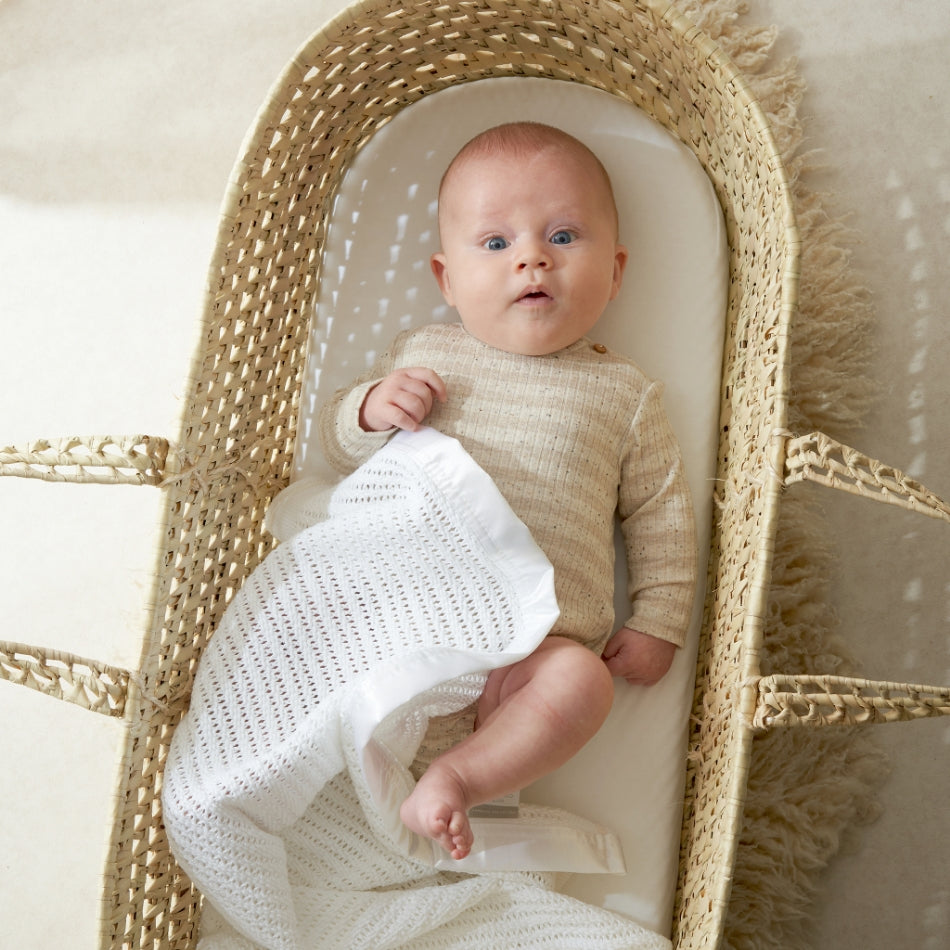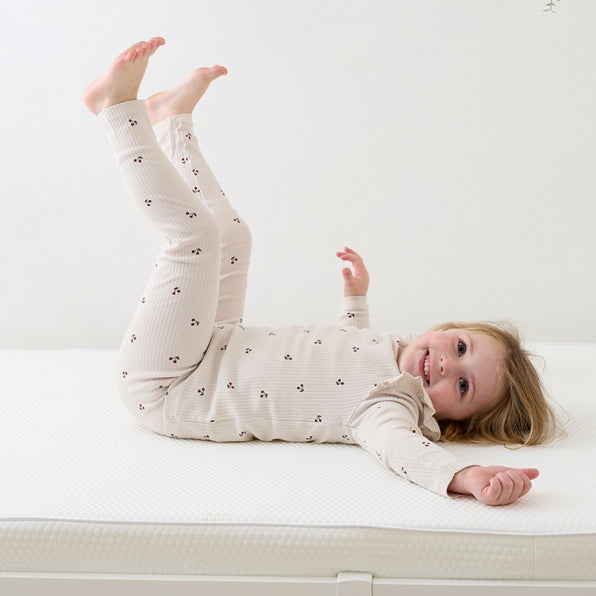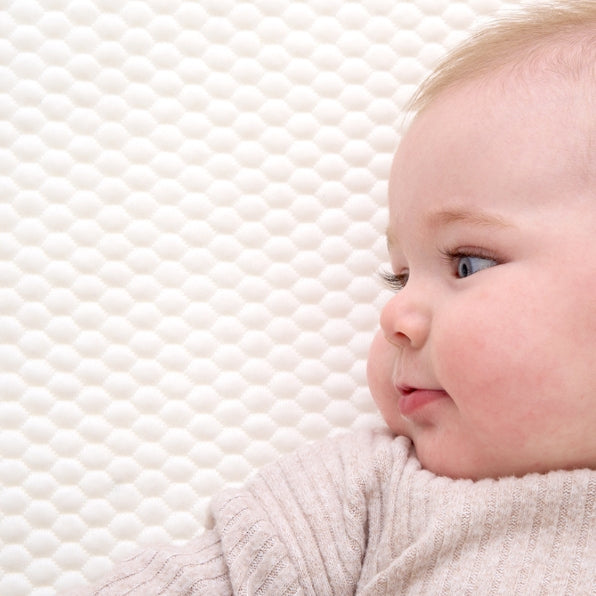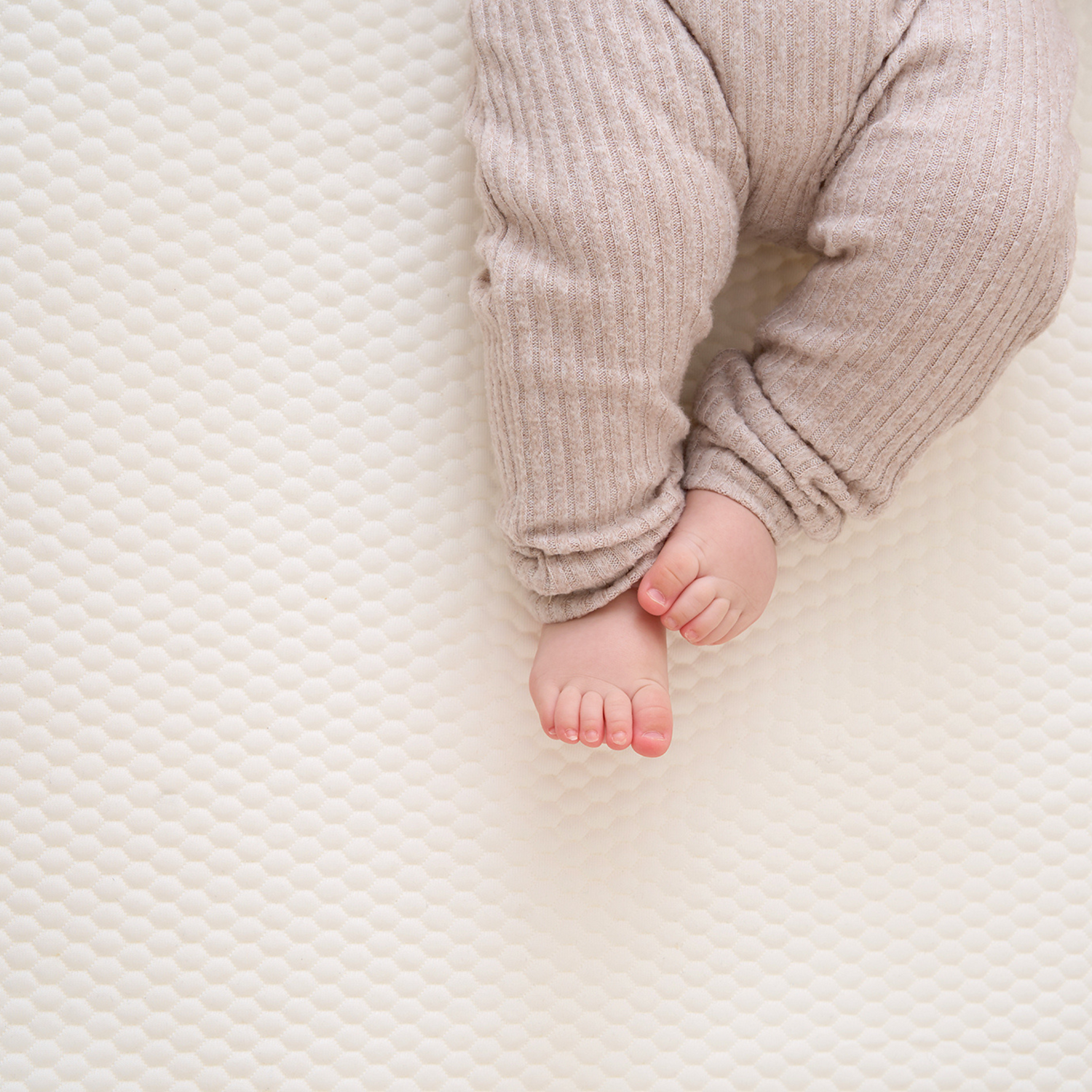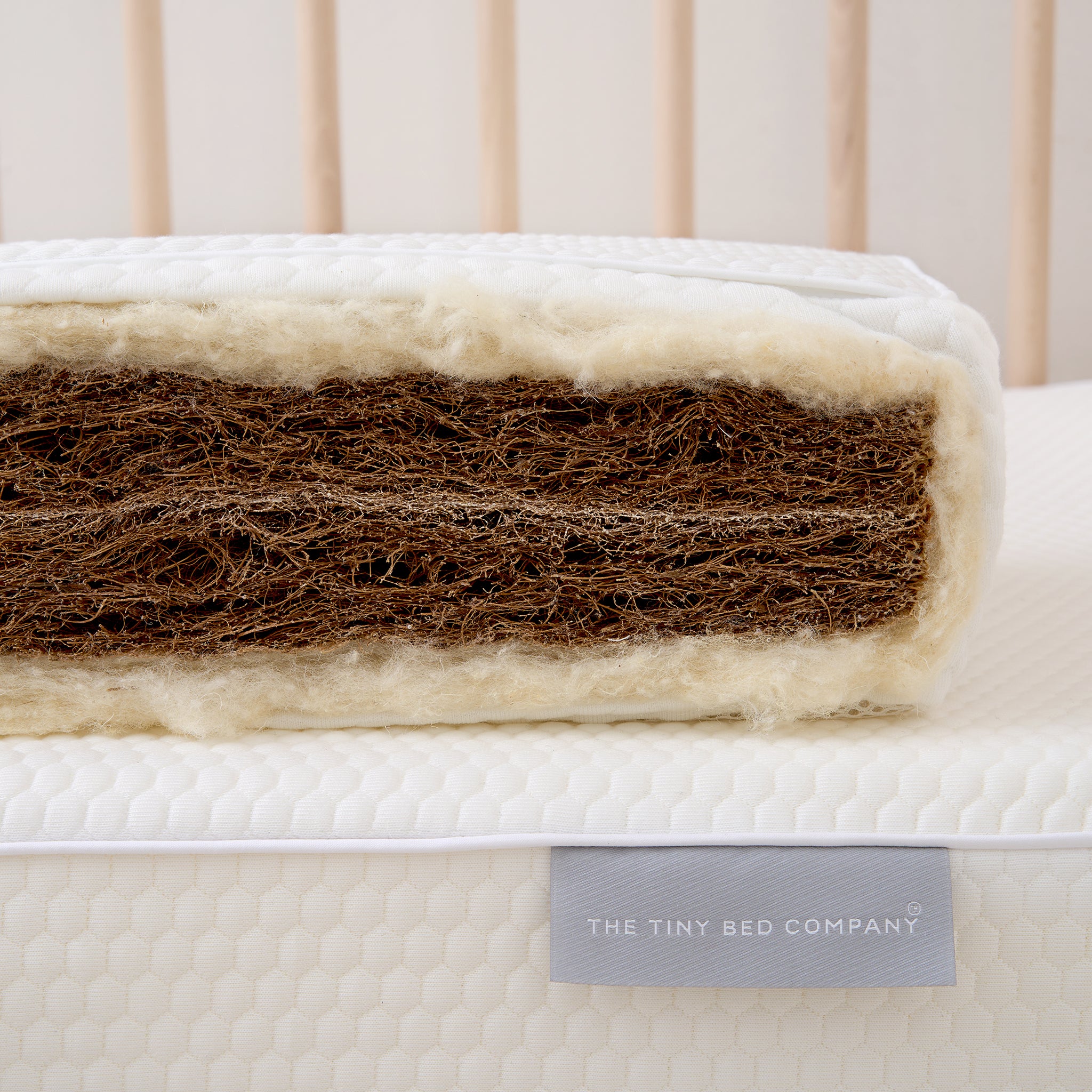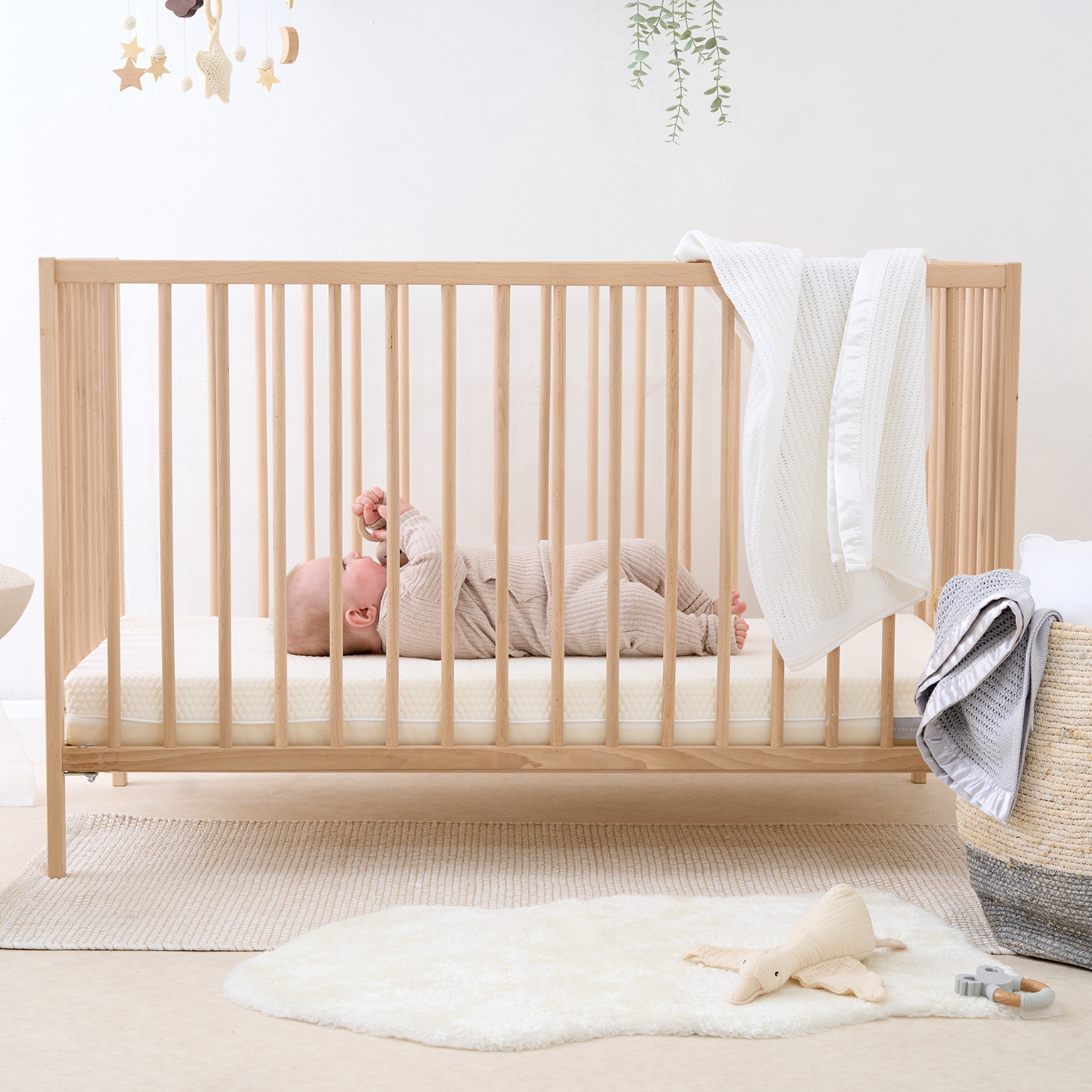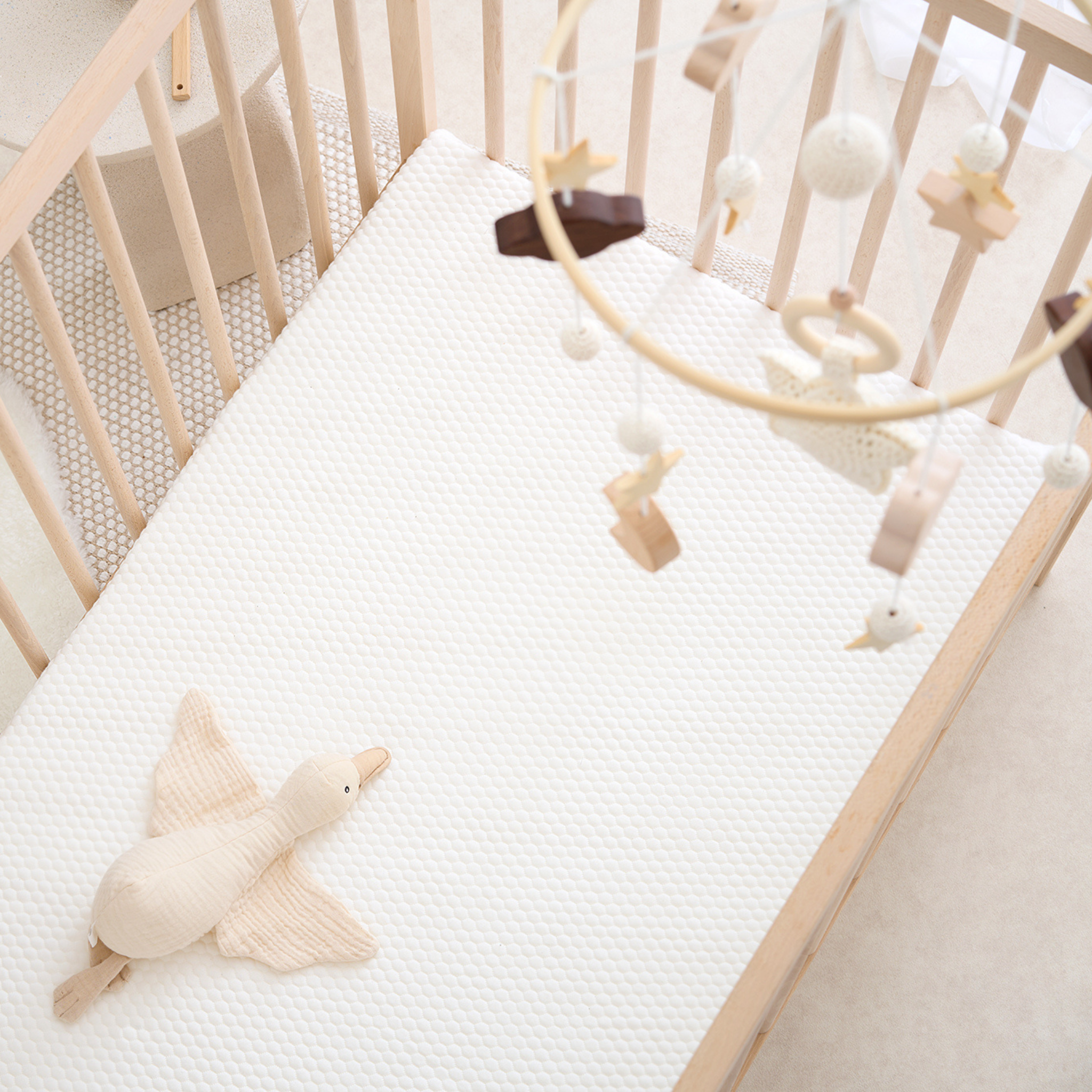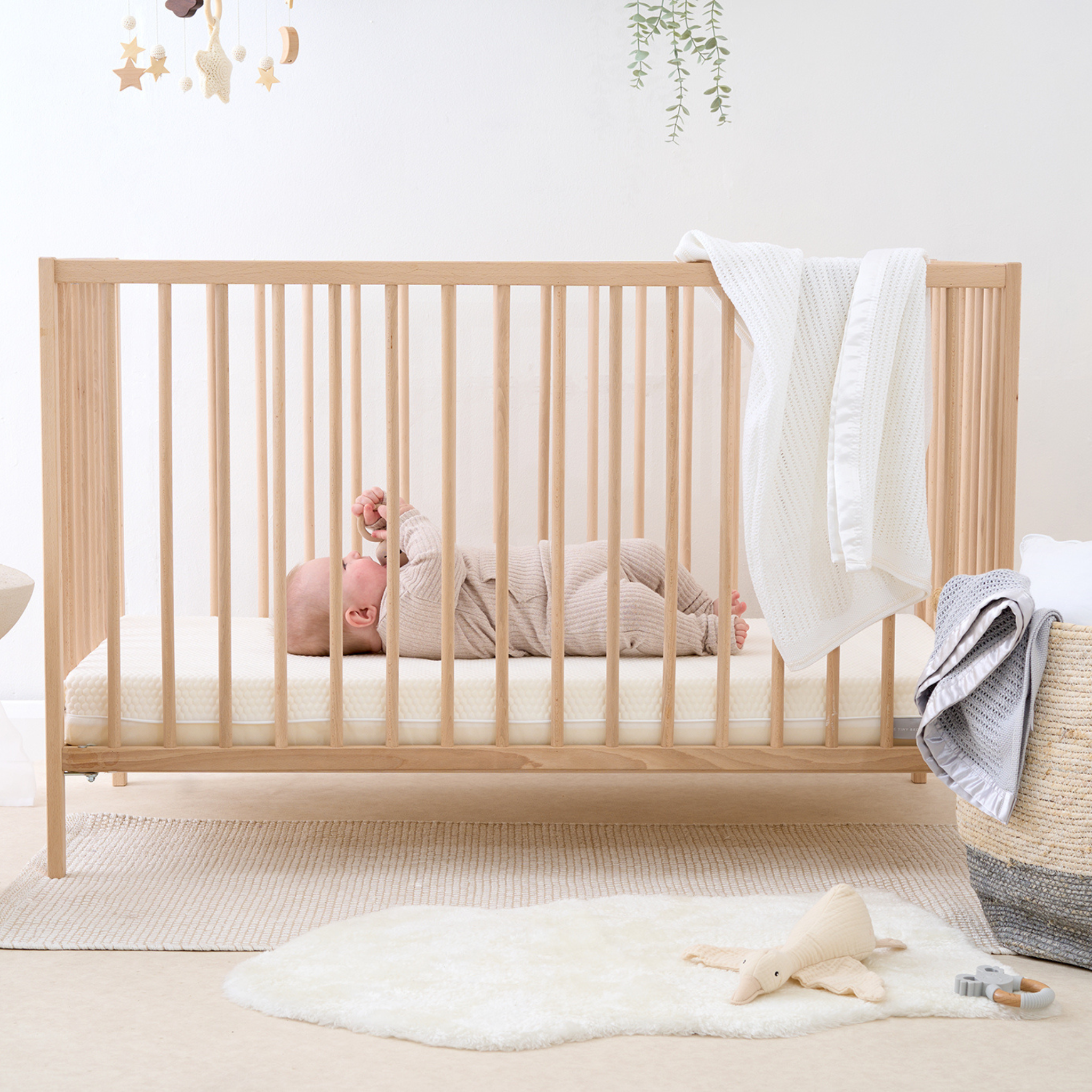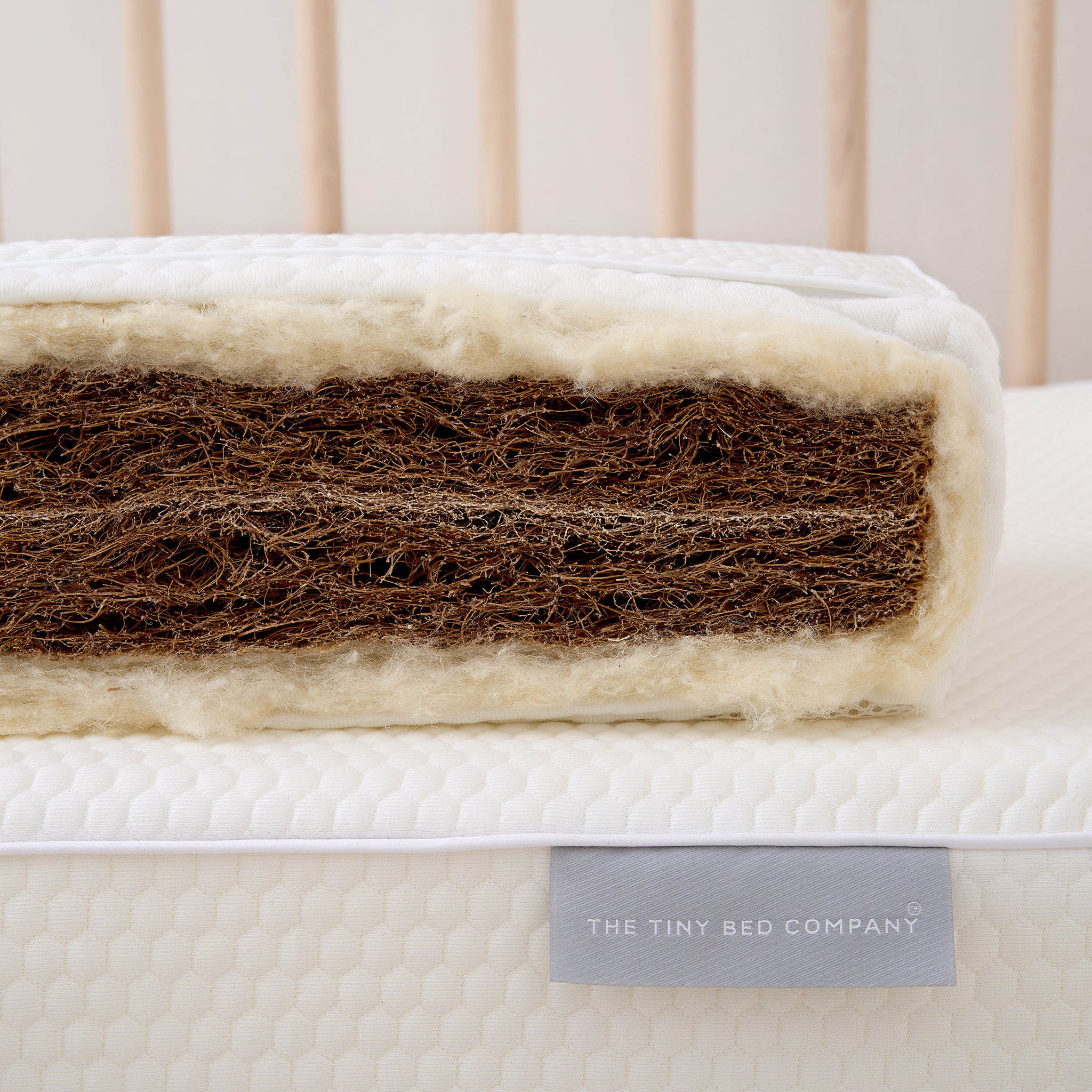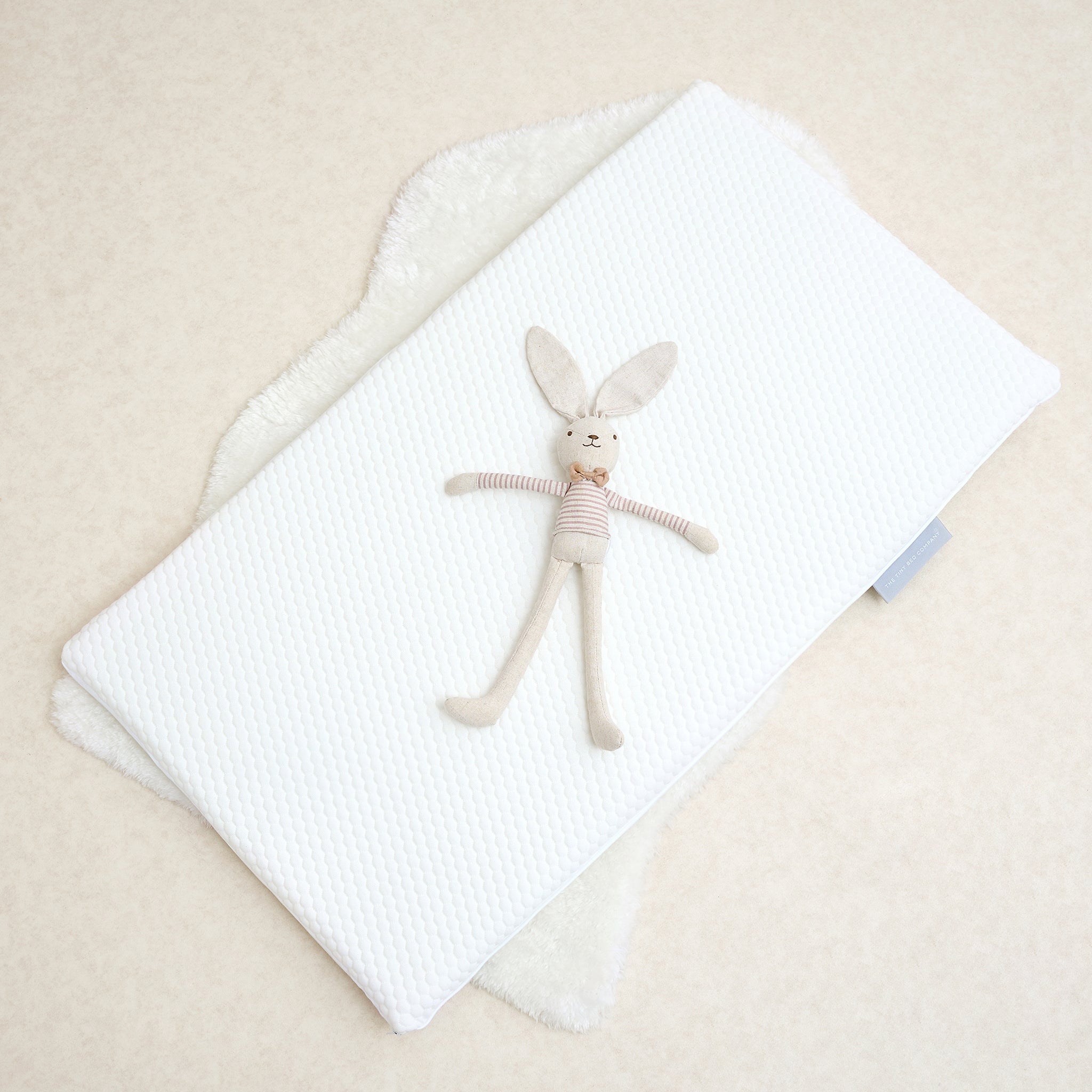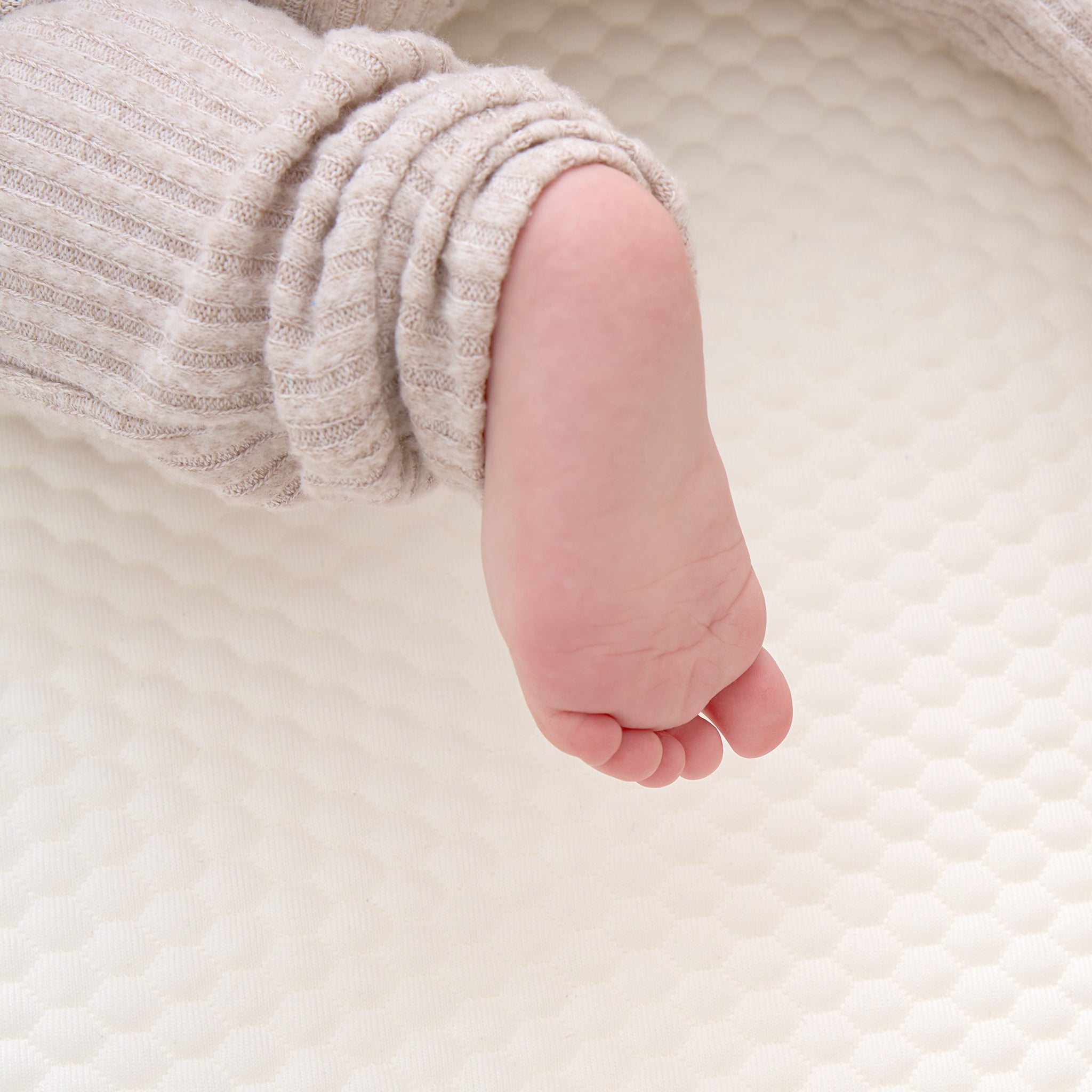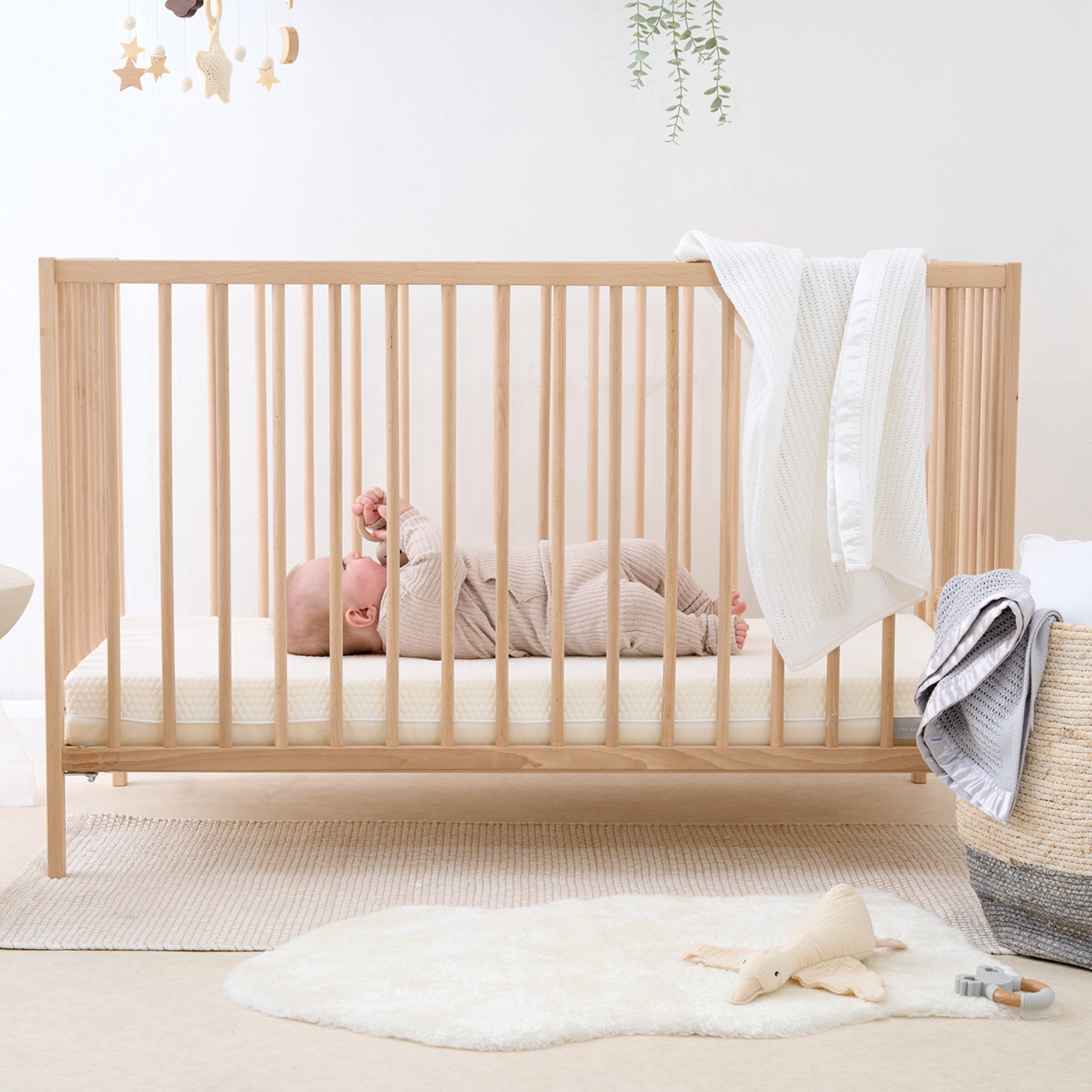How to Settle Your Baby or Toddler in a New Sleeping Environment
The festive season, family visits, or travel can bring exciting new experiences for babies and toddlers. However, these new environments – whether it’s sleeping at Grandma’s house, in a hotel room during a holiday, or at a relative’s home for Christmas – can sometimes disrupt your little one’s sleep routine. For babies and toddlers, a familiar environment is key to restful sleep, so settling them in unfamiliar settings may require a bit of extra care.
Here are some helpful tips to ensure your child sleeps soundly in a new or different environment, whether it’s for a holiday or a family visit:
1. Bring Familiar Sleep Items
One of the easiest ways to help your child feel at ease in a new setting is to bring along some familiar items that remind them of home. A favourite blanket, cuddly toy, or sleep sack can provide comfort and reassurance. These items help create a sense of continuity and safety, even in an unfamiliar room. If your child uses a specific sleep aid, such as a nightlight or sound machine, be sure to bring it along as well.
2. Maintain Familiar Sleep Routines
While you might not be able to replicate the exact environment of home, sticking as closely as possible to your usual sleep routine will help signal to your child that it’s time to wind down. Keep bedtime consistent with what they’re used to, including any activities that usually precede sleep – such as a warm bath, storytime, or a quiet cuddle. The more consistent the routine, the easier it will be for your little one to settle.
For toddlers, maintaining the same bedtime and pre-sleep rituals (like brushing teeth or choosing a bedtime story) will make them feel more secure, even in a different setting.
3. Create a Comfortable Sleeping Space
No matter where you’re staying, try to make the sleeping space as comfortable and familiar as possible. If you’re in a hotel, check in advance to ensure the room is child-friendly and free from distractions. For example, moving furniture or rearranging items to create a cosy, quiet space might help them feel more at home.
If you’re at a relative’s house, it’s worth bringing a travel cot or portable crib to ensure your child has a familiar place to sleep. If your toddler is transitioning to a new bed, consider bringing along their usual bedding (or a sheet with their familiar scent) to help them feel more comfortable.
4. Keep a Consistent Bedtime
While you may be tempted to let your child stay up later to join in the festivities, it’s important to keep a consistent bedtime wherever you are. This helps to avoid over-tiredness and makes it easier for your little one to settle. If you’re at a family gathering or on holiday, plan some quiet time before bed to help your child wind down. This could be reading a book together or having a quiet cuddle in a dimly lit room.
For babies who are still on a regular sleep schedule, sticking to their usual nap times and bedtime routine will help prevent overtiredness, which can lead to difficulty falling asleep in unfamiliar environments.
5. Be Mindful of the Environment
New places can be stimulating and overwhelming for babies and toddlers, so it’s important to consider the environment when it’s time to sleep. If you’re in a busy house with lots of people, try to find a quiet, dimly lit space where your child can sleep peacefully. Using blackout curtains or a portable sound machine to block out noise can help them feel secure and calm.
In hotel rooms or when travelling, bring along familiar items like a soft toy, a blanket, or a favourite book. If your baby or toddler is still using a pacifier, ensure that it’s readily available for them to settle and self-soothe.
6. Offer Extra Reassurance
Your child may feel more unsettled than usual in a new environment, so be prepared to offer extra comfort and reassurance. If they wake up during the night or have trouble falling asleep, offer gentle comfort and soothing words. Sometimes, just hearing your voice or a soft pat on the back can help them settle again. If your child is older, offering a gentle reminder about where they are and who is with them can help ease any anxiety.
7. Stick to a Familiar Sleep Prop
If your child uses a specific sleep prop – such as a dummy, lovey, or white noise for example – make sure it’s easily accessible when they go to bed in a new place. Keeping the same sleep associations in place can provide your child with the comfort and familiarity they need to drift off to sleep in a new setting.
8. Give Them Time to Adjust
It’s important to be patient when settling your child into a new sleeping environment. Babies and toddlers may take a little longer to adjust to unfamiliar settings, especially if they are away from their usual home comforts. They may wake more frequently or take longer to settle at bedtime. Allow them the time they need to feel comfortable and don’t rush the process.
If they seem to struggle with sleep, try to stay calm and reassuring. Over time, they’ll get used to the new setting and find comfort in the routine you've created together.
9. Be Flexible and Understanding
Finally, while it’s helpful to try and maintain routines, it’s equally important to be flexible. Travel, family visits, and holidays can disrupt even the most consistent sleep schedules. If your child has a restless night or struggles to sleep in a new environment, don’t be too hard on yourself. In the grand scheme of things, it’s a temporary situation, and your child will soon return to their regular sleep routine once you’re back in a familiar setting.
By preparing your child for sleep in new environments and offering plenty of comfort and reassurance, you can help them feel more secure, whether you’re visiting family at Christmas, staying in a hotel on holiday, or exploring a new destination. With a little patience and flexibility, your little one will soon adjust and be able to sleep soundly in their new surroundings.
